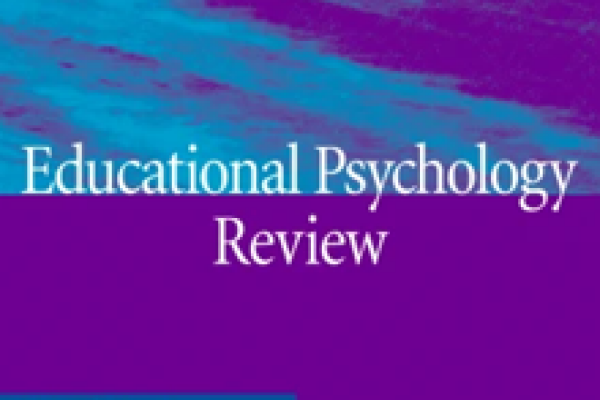
Kubsch, M., Strauß, S., Grimm, A., Gombert, S., Drachsler, H., Neumann, K., Rummel, N. (2025)
Recent research underscores the importance of inquiry learning for effective science education. Inquiry learning involves self-regulated learning (SRL), for example when students conduct investigations. Teachers face challenges in orchestrating and tracking student learning in such instruction; making it hard to adequately support students. Using AI methods such as machine learning (ML), the data that is generated when students interact in technology-enhanced classrooms can be used to track their learning and subsequently to inform teachers so that they can better support student learning. This study implemented digital workbooks in an inquiry-based physics unit, collecting cognitive, metacognitive, and affective data from 214 students. Using ML methods, an early warning system was developed to predict students’ learning outcomes. Explainable ML methods were used to unpack these predictions and analyses were conducted for potential biases. Results indicate that an integration of cognitive, metacognitive, and affective data can predict students’ productivity with an accuracy ranging from 60 to 100% as the unit progresses. Initially, affective and metacognitive variables dominate predictions, with cognitive variables becoming more significant later. Using only affective and metacognitive data, predictive accuracies ranged from 60 to 80% throughout. Bias was found to be highly dependent on the ML methods being used. The study highlights the potential of digital student workbooks to support SRL in inquiry-based science education, guiding future research and development to enhance instructional feedback and teacher insights into student engagement. Further, the study sheds new light on the data needed and the methodological challenges when using ML methods to investigate SRL processes in classrooms.
Educational Psychology Review, 37, Article 34.
Kubsch, M., Strauß, S., Grimm, A., Gombert, S., Drachsler, H., Neumann, K., Rummel, N. (2025)
Recent research underscores the importance of inquiry learning for effective science education. Inquiry learning involves self-regulated learning (SRL), for example when students conduct investigations. Teachers face challenges in orchestrating and tracking student learning in such instruction; making it hard to adequately support students. Using AI methods such as machine learning (ML), the data that is generated when students interact in technology-enhanced classrooms can be used to track their learning and subsequently to inform teachers so that they can better support student learning. This study implemented digital workbooks in an inquiry-based physics unit, collecting cognitive, metacognitive, and affective data from 214 students. Using ML methods, an early warning system was developed to predict students’ learning outcomes. Explainable ML methods were used to unpack these predictions and analyses were conducted for potential biases. Results indicate that an integration of cognitive, metacognitive, and affective data can predict students’ productivity with an accuracy ranging from 60 to 100% as the unit progresses. Initially, affective and metacognitive variables dominate predictions, with cognitive variables becoming more significant later. Using only affective and metacognitive data, predictive accuracies ranged from 60 to 80% throughout. Bias was found to be highly dependent on the ML methods being used. The study highlights the potential of digital student workbooks to support SRL in inquiry-based science education, guiding future research and development to enhance instructional feedback and teacher insights into student engagement. Further, the study sheds new light on the data needed and the methodological challenges when using ML methods to investigate SRL processes in classrooms.
Educational Psychology Review, 37, Article 34.